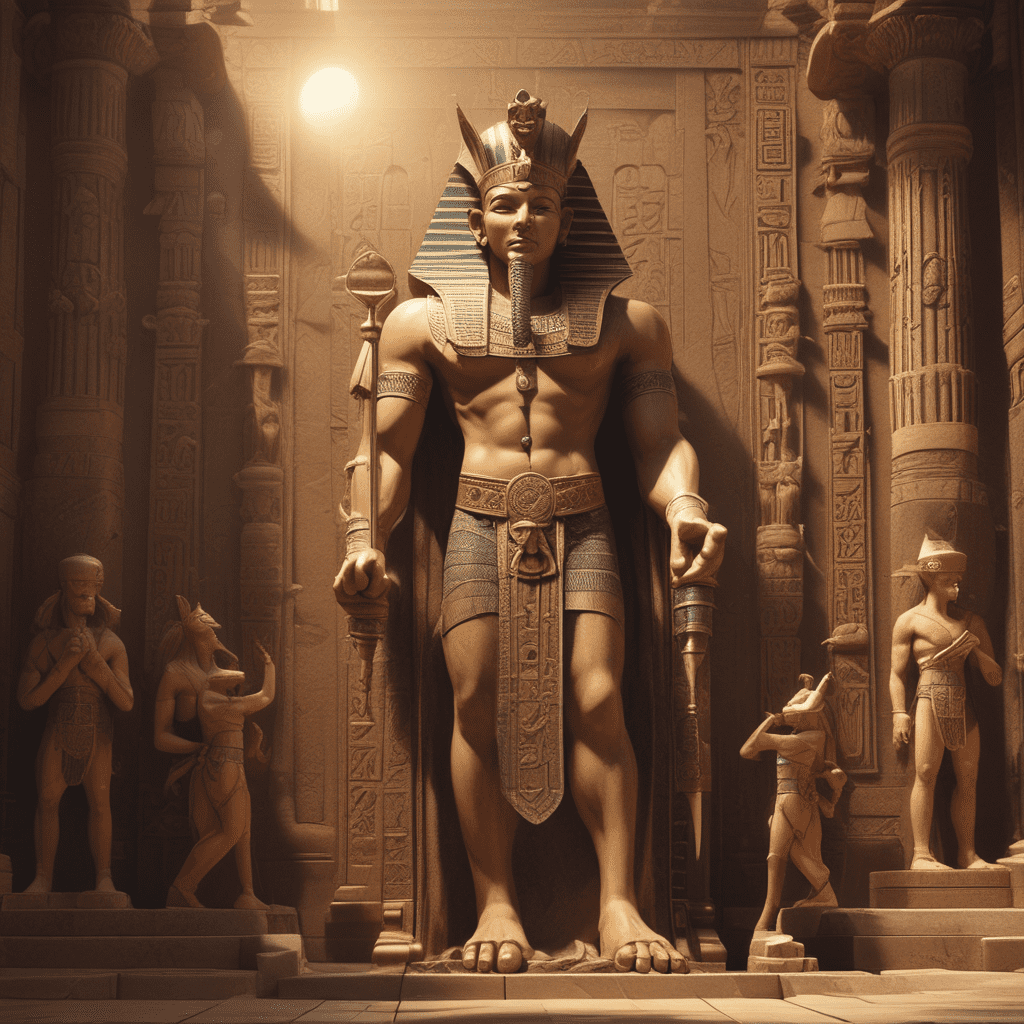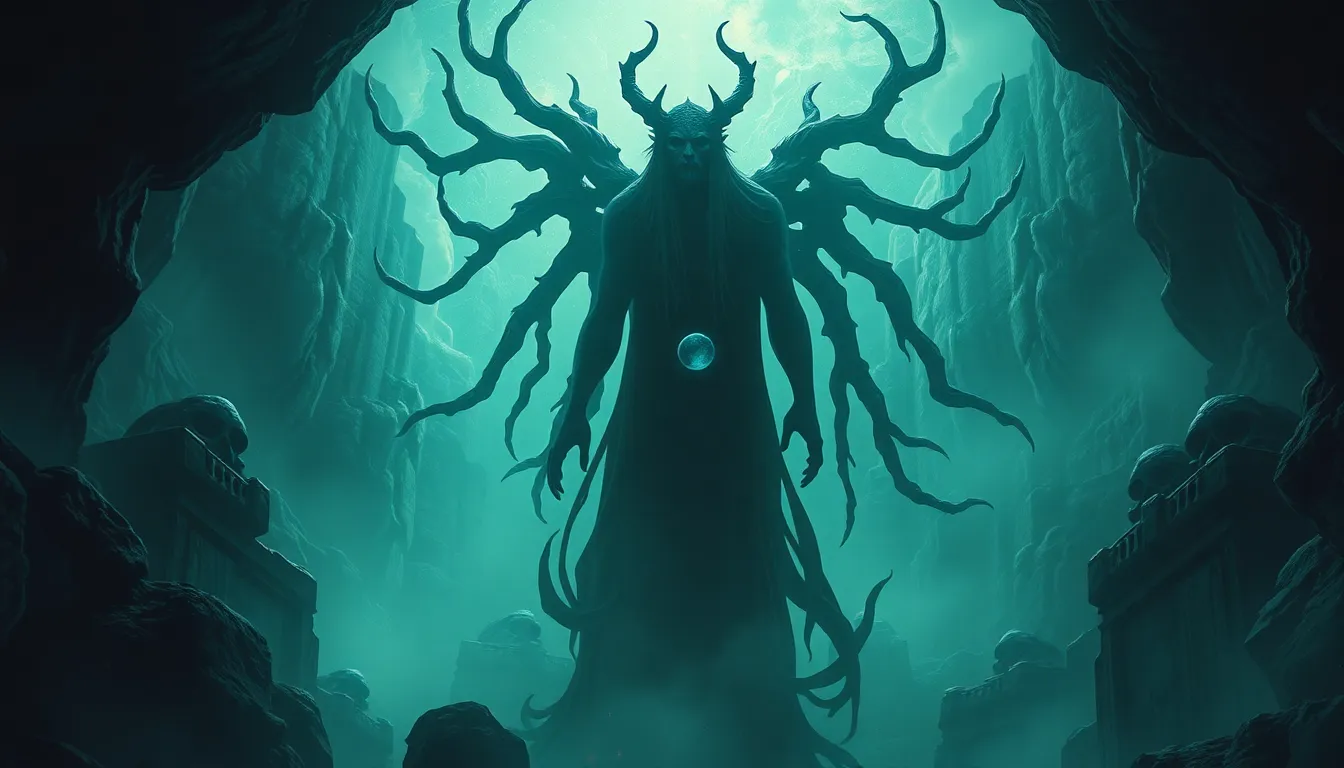The Myth of the God Montu in Egyptian Mythology
Who is Montu in Egyptian Mythology?
Montu is a prominent deity in ancient Egyptian mythology, associated with war and strength. He was often depicted as a falcon-headed man with a solar disc and two plumes on his head, symbolizing his connection to the power of the sun. Montu’s significance grew during the Middle and New Kingdoms, where he became a key figure among the warrior deities revered by the pharaohs and their armies.
What Role Did Montu Play in Egyptian Beliefs?
Montu was revered as a fierce and aggressive god, embodying the characteristics of a warrior in battle. He was often invoked by pharaohs and soldiers seeking strength, valor, and victory in times of conflict. Montu was also associated with the sun god Ra, portraying his role in the cosmic order and his connection to the solar cycle. The Egyptians believed that Montu’s presence on the battlefield would ensure triumph over enemies and protect the kingdom from chaos.
Where Was Montu Worshiped?
Montu was primarily worshiped in the ancient city of Thebes (modern-day Luxor), where his main cult center, the temple of Montu at Medamud, was located. The city of Armant was also significant in Montu’s worship, hosting another major temple dedicated to the god. These temples served as centers for rituals, ceremonies, and festivals honoring Montu, where priests and devotees sought his favor through offerings and prayers.
Significance of Montu Beyond Warfare
While Montu was primarily known as a god of war, his influence extended beyond military matters. As a solar deity, Montu played a role in renewing the sun each day, symbolizing resilience and vitality. Additionally, Montu was regarded as a protector of the vulnerable and a guardian against evil forces, emphasizing his significance in maintaining balance and order in the Egyptian worldview. The worship of Montu reflected the ancient Egyptians’ deep reverence for divine strength and the perpetual struggle against chaos and adversity.
In conclusion, Montu’s mythology exemplifies the nuanced beliefs of ancient Egyptians, emphasizing themes of power, protection, and cosmic harmony. His status as a formidable warrior deity underscores the importance of strength and valor in Egyptian society, while his solar associations highlight the interconnectedness of natural and supernatural forces in their mythological framework.

Frequently Asked Questions About the Myth of the God Montu in Egyptian Mythology
Who is Montu in Egyptian mythology?
Montu is an ancient Egyptian warrior god associated with strength, valor, and warfare. He was often depicted as a man with the head of a falcon, symbolizing his connection to the sky and divine power.
What are Montu’s attributes and powers?
Montu was revered for his fierce and aggressive nature, embodying the qualities of a skilled warrior. He was believed to possess immense strength, courage, and the ability to protect his followers in times of conflict.
Where was Montu worshiped in ancient Egypt?
Montu was primarily worshiped in the region of Thebes in Upper Egypt, where he was considered the local deity and a patron of the Theban dynasty. His cult center was the Temple of Montu at Medamud, a site dedicated to honor his divine presence.
How was Montu’s role significant in Egyptian mythology?
Montu played a crucial role in Egyptian mythology as a symbol of power and protection. As the god of war, he was invoked by pharaohs and soldiers seeking strength and victory in battles. Montu’s influence extended to the realm of rulership and authority, reflecting the importance of martial prowess in ancient Egyptian society.



